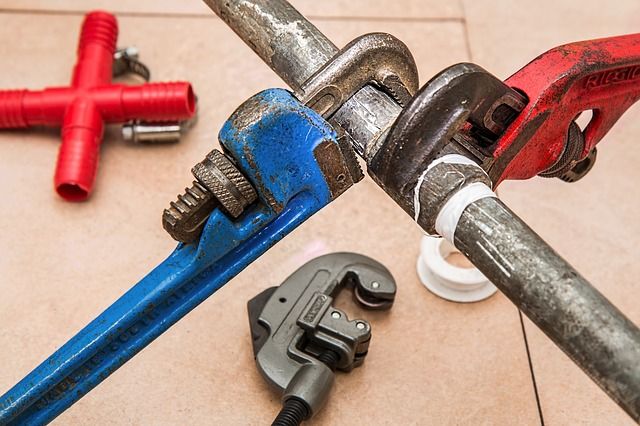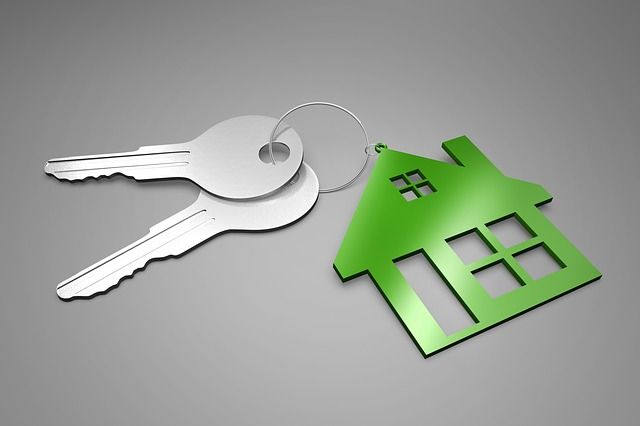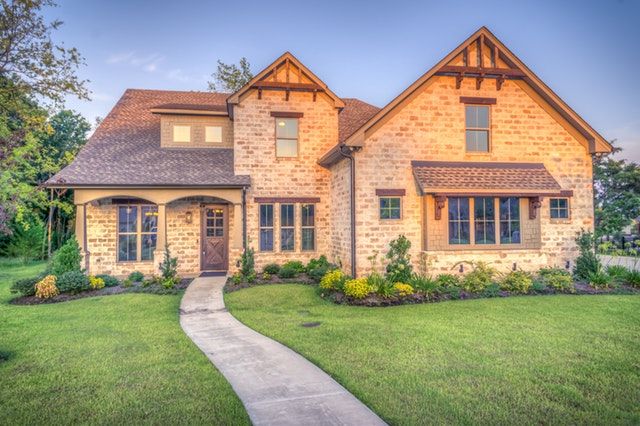
While most owners are concerned about fires, burglaries and other crises, they fail to realize that they can be damaged by water, the survey suggested. In fact, water damage is a more likely scenario than other emergencies that can cause damage.
About 20 percent of those queried said they install pipe insulation, and less than half check their appliance hoses regularly. Only 40 percent said they regularly maintain water heaters.
The best remedy is to talk with an insurance agent about the best coverage for your specific circumstances.
The average claim for water damage between 2012 and 2016 was nearly $10,000. That average includes some very devastating damage in some cases and makes it a very good
idea to assess your insurance coverage.
Most homeowner policies cover damage related to accidental overflow of water or steam from plumbing, heating and air conditioning as frozen pipes. Damage from a general flood is generally excluded unless you specifically pay for it. Knowing that your home is located in a recognized flood plain should be incentive for looking into specific protection.
To prevent water damage, be aware of where the main water valve in your home is located so if an emergency arises, you won’t waste time locating it. Turn off the main valve if you are leaving home to vacation or for other reasons.
Regular home inspections are wise and a safety check by a plumber every year could save money in the long run. Some insurance companies will give you a discount is you can show that you are taking these steps to protect your property. Technology is available to monitor plumbing for leaks.



